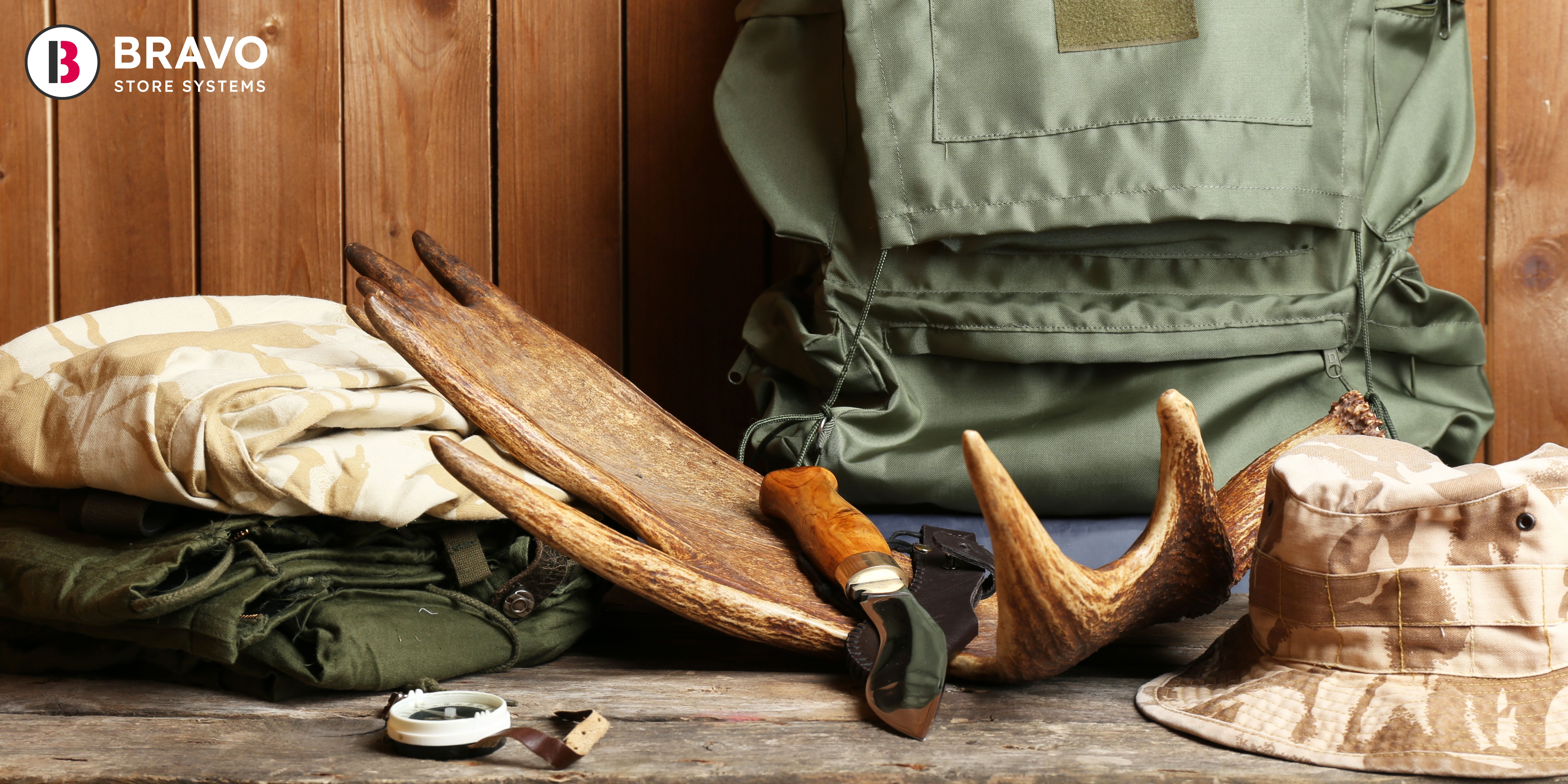How to Apply for a Federal Firearms License (FFL)
Understanding the FFL
A Federal Firearms License (FFL) is a license issued by the Bureau of Alcohol, Tobacco, Firearms, and Explosives (ATF) that authorizes individuals or businesses to engage in the business of manufacturing, importing, exporting, dealing, or collecting firearms.
Types of FFLs
There are several types of FFLs, each with specific requirements and limitations:
- Type 01: Manufacturer of firearms or ammunition.
- Type 02: Importer of firearms or ammunition.
- Type 03: Dealer of firearms.
- Type 07: Collector of curios and relics.
- Type 08: Dealer of destructive devices.
- Type 09: Importer of destructive devices.
Steps to Apply for an FFL
- Determine Your FFL Type:
- Identify the specific activities you intend to engage in to determine the appropriate FFL type.
- Complete ATF Form 5320.4:
- This form is the official application for an FFL.
- Provide detailed information about your business, including your legal name, address, business structure, and the types of firearms you intend to deal in.
- Be prepared to answer questions about your background, criminal history, and any affiliations with prohibited persons.
- Submit Required Documents:
- Along with the completed Form 5320.4, you may need to submit additional documents, such as:
- Proof of identity
- Proof of citizenship or alien status
- Local and state licenses, if required
- A detailed business plan outlining your operations
- Fingerprinting and Background Check:
- You will need to undergo fingerprinting and a background check as part of the application process.
- Pay the Application Fee:
- The ATF charges a fee for processing FFL applications.
- Submit Your Application:
- Submit your completed application and supporting documents to the ATF.
- ATF Review and Inspection:
- The ATF will review your application and may conduct an inspection of your premises to ensure compliance with federal regulations.
- License Issuance:
- If your application is approved, the ATF will issue your FFL.
Key Considerations for FFL Holders
- Recordkeeping: Maintain accurate and detailed records of all firearms transactions, including sales, purchases, and transfers.
- Security Requirements: Implement robust security measures to protect firearms and ammunition from theft and unauthorized access.
- Prohibited Persons: Avoid selling firearms to individuals who are prohibited from possessing them, such as felons, domestic abusers, and those with mental health issues.
- Compliance with State and Local Laws: Adhere to all applicable state and local laws and regulations regarding firearms.
Additional Tips
- Consult with an Attorney: Consider consulting with an attorney experienced in firearms law to ensure compliance with all legal requirements.
- Seek Guidance from the ATF: Contact the ATF directly for specific guidance and clarification on any questions you may have.
- Stay Informed: Keep up-to-date with changes in federal, state, and local firearms laws and regulations.
By carefully following these steps and complying with all applicable laws, you can successfully obtain your FFL and operate a legal firearms business.
A Note on Firearm Purchases
If you plan to buy and sell firearms, it's crucial to adhere to strict federal, state, and local regulations. Bravo Store Systems offers specialized software that can help you streamline your firearm purchase process, ensuring compliance with all legal requirements. This software can assist with background checks, record-keeping, and inventory management, making it an invaluable tool for pawn shop owners who deal in firearms.









.jpg)








